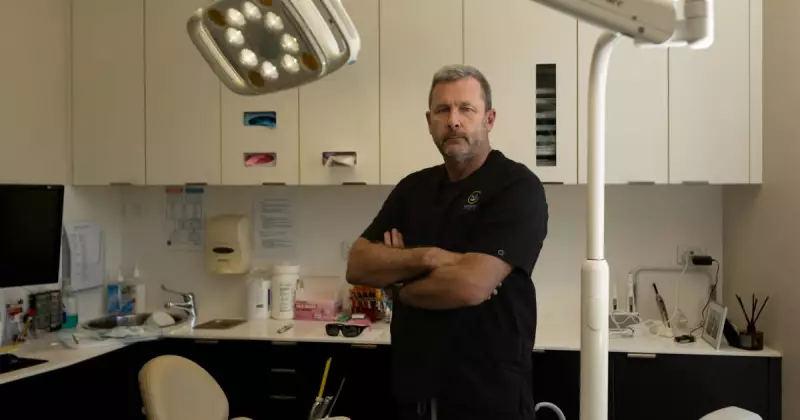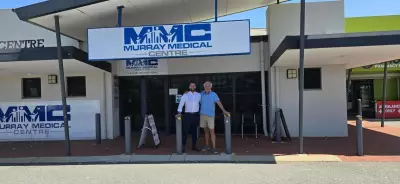
Dental Health Crisis Grips Hunter Children
The Hunter New England region is facing a significant dental health emergency, with new data revealing more than 1300 children aged up to 14 require hospital treatment for tooth decay each year. This alarming figure represents approximately double the number recorded just a decade ago, signalling a worsening trend in paediatric oral health across the district.
Free Dental Services Remain Underutilised
Despite the availability of comprehensive free dental care through the federal government's Child Dental Benefits Schedule, only one in three eligible children are actually using the program. The scheme provides up to $1132 in free dental services over two years for young people aged up to 17, covering essential treatments including check-ups, X-rays, cleaning, fillings, root canals and extractions.
Newcastle-based dentist Dr Mark Morrin, president of the Australian Dental Association of NSW, expressed deep concern about the situation. "This is a wake-up call," Dr Morrin stated. "We must treat oral health as a priority, not an afterthought. The costs - financial and human - are too high to ignore."
Preventable Problems Leading to Hospitalisation
Dr Morrin highlighted that tooth decay remains the most common chronic disease among Australian children, with approximately one in four children aged five to ten suffering from untreated decay. Many families are delaying dental visits due to cost concerns or lack of awareness, leading to advanced decay that ultimately requires hospital treatment, often under general anaesthetic.
The dental association identified several key factors contributing to the crisis:
- High sugar consumption, with nearly three-quarters of children drinking too many sugary drinks
- Irregular or incorrect tooth brushing habits
- Significant numbers of children skipping daily brushing altogether
- Lack of awareness about available free dental services
Preventive dental care is substantially more affordable than emergency treatment and can help identify broader health conditions early, including gum disease and oral infections, according to dental experts.
Regional Disparities and Proposed Solutions
The rate of dental hospitalisations per 100,000 children is significantly higher in Hunter New England compared to several Sydney areas, highlighting concerning regional disparities in dental health outcomes.
The Australian Dental Association of NSW is advocating for multiple measures to address the crisis:
- Expansion of state-run mobile dental clinics, particularly in regional and remote areas
- Targeted campaigns to increase awareness and utilisation of the Child Dental Benefits Schedule
- Increased funding for First Nations-led dental programs
- Ensuring access to fluoridated water in all Indigenous communities
- Greater investment in prevention programs promoting regular check-ups, oral hygiene education and healthy eating habits from early childhood
NSW Health Minister Ryan Park confirmed that NSW Health provides safety net dental services for eligible residents, with public dental clinics typically located in public hospitals and community health centres. Some schools also participate in the NSW Health mobile dental program.
Dr Morrin also reminded families with private health insurance that most dental extras do not roll over to the new year. "If they don't use them before December 31, they simply disappear," he said. "Many people forget they have unused benefits available, or delay treatment until issues worsen."





